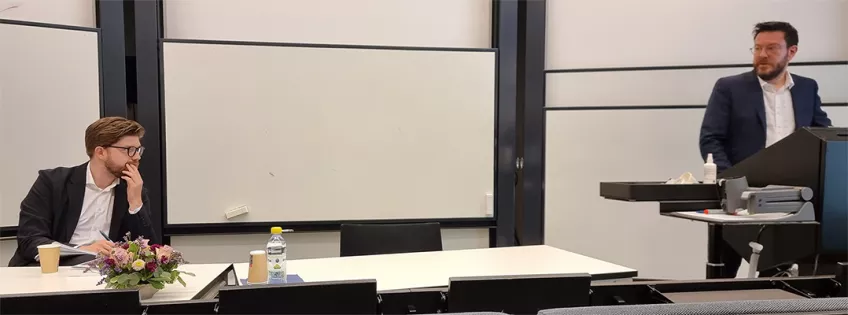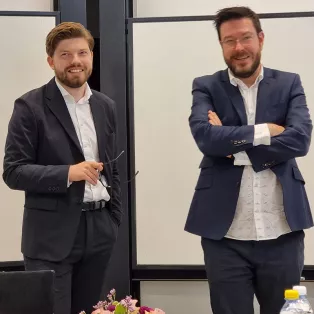Abstract
This is a study of subjecthood in international thought. Human beings and states, while often held to be opposed to one another, share this: they are international thought’s key subjects. The following chapters attempt to answer the question of why that is.
The main argument advanced is that this is because of the particular language in which subjecthood is articulated, the language of personhood, which stipulates certain criteria—chief among them rationality—by which someone or something becomes a person and thus a subject. This theoretical argument is one that is made historically: rather than explaining why this needs to be the way in which subjecthood is assigned, it is a study of how this came to be.
Through a study of key texts in the history of international thought from the seventeenth-century to today, it purports to document both this language’s emergence and its effects. It traces, on the one hand, how the language of personhood became a central language of international thought and how this has led to the prioritization of human beings and states, on the other.
The final chapter of this study broadens the scope to discuss other implications this language has had upon international thought in general and humanity and the state in particular, arguing that it has not only cemented these two as international thought’s central subjects, but also made them dependent upon one another, which in turn makes it exceedingly difficult to specify which of the two ought to be taken as the most important subject of international thought.
External reviewer: Professor Duncan Bell, University of Cambridge
Supervisor: Jens Bartelson
Assistant supervisor: Sara Kalm
More information about the thesis is available in the Lund University Research Portal



